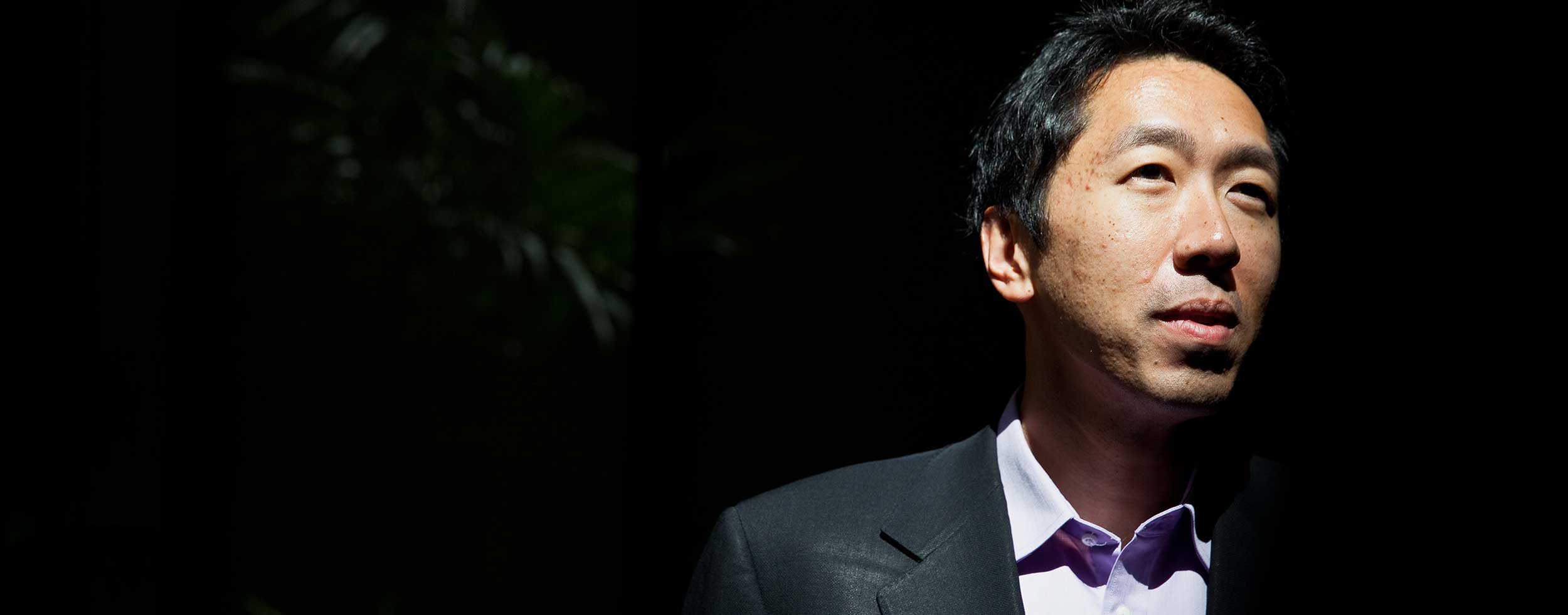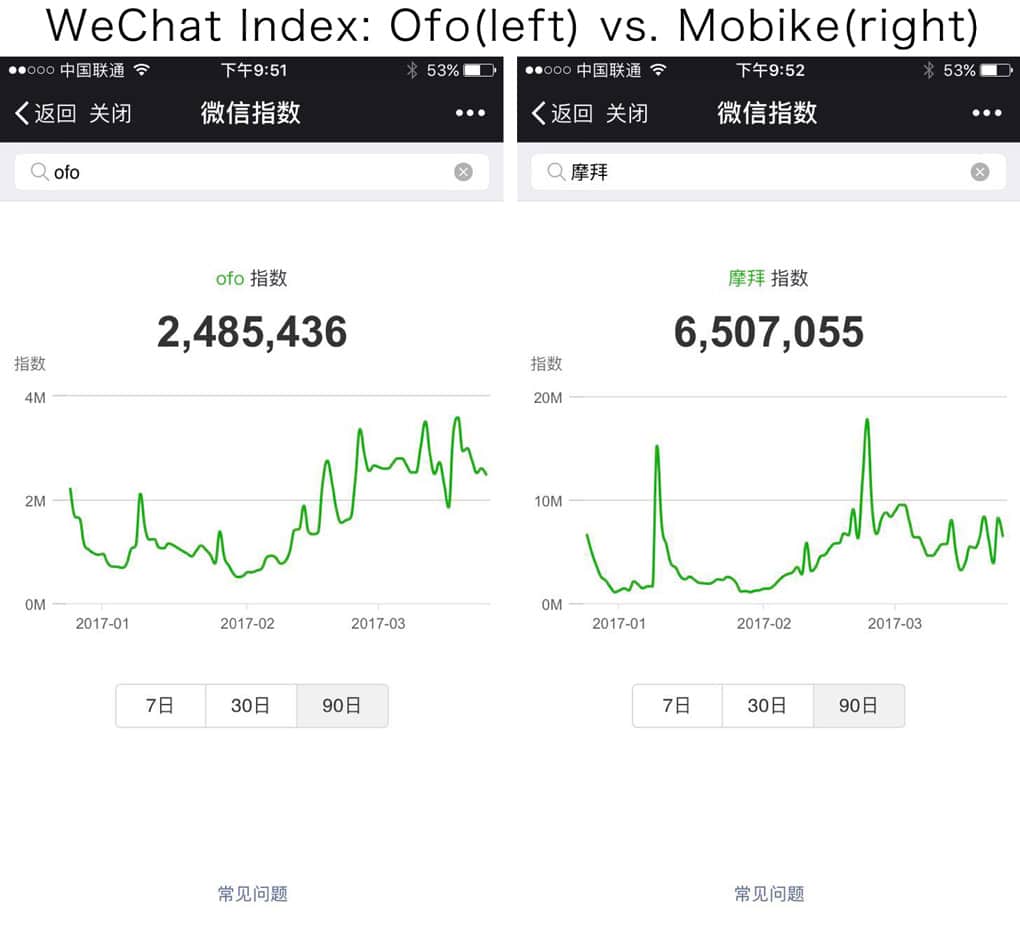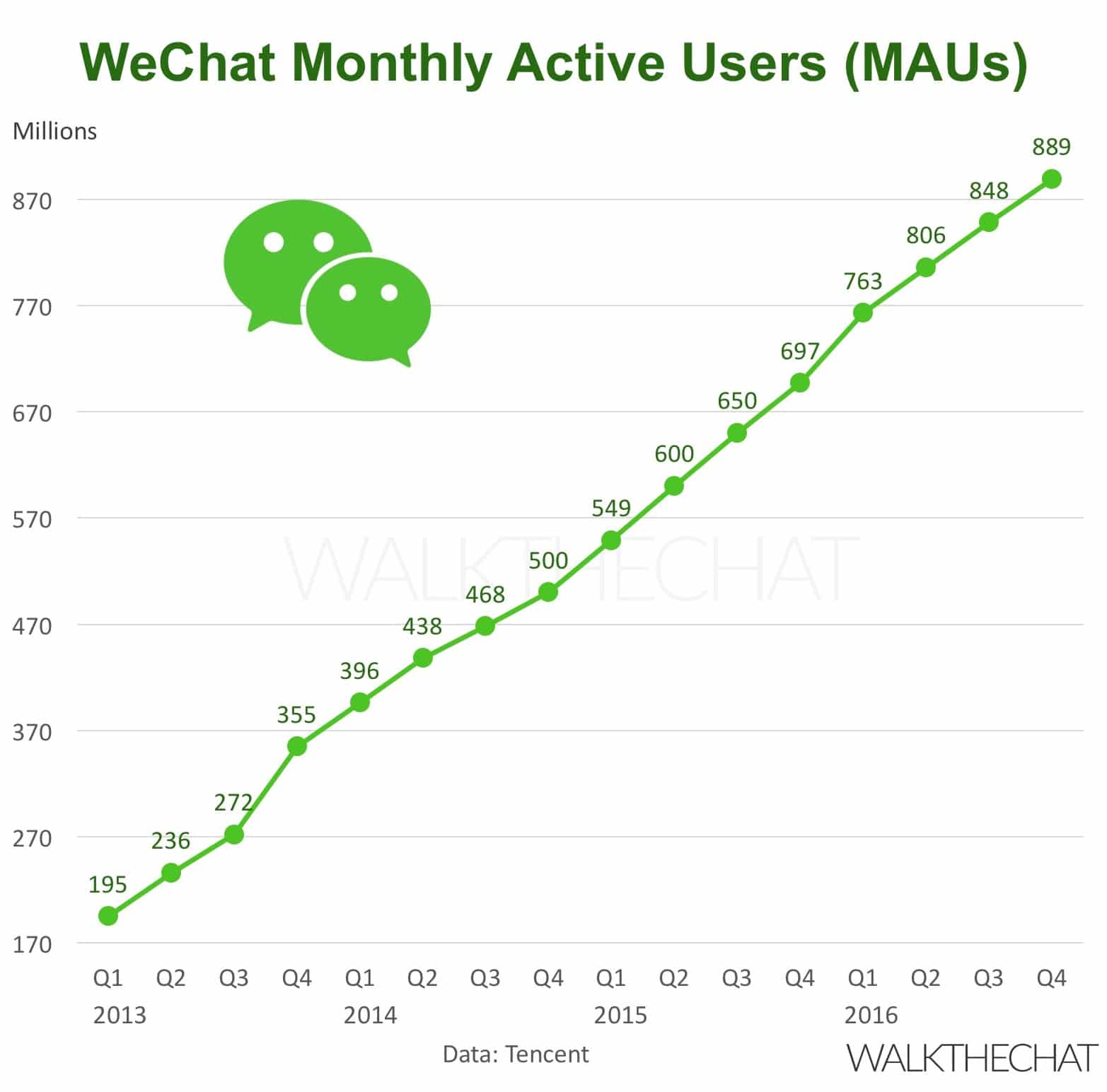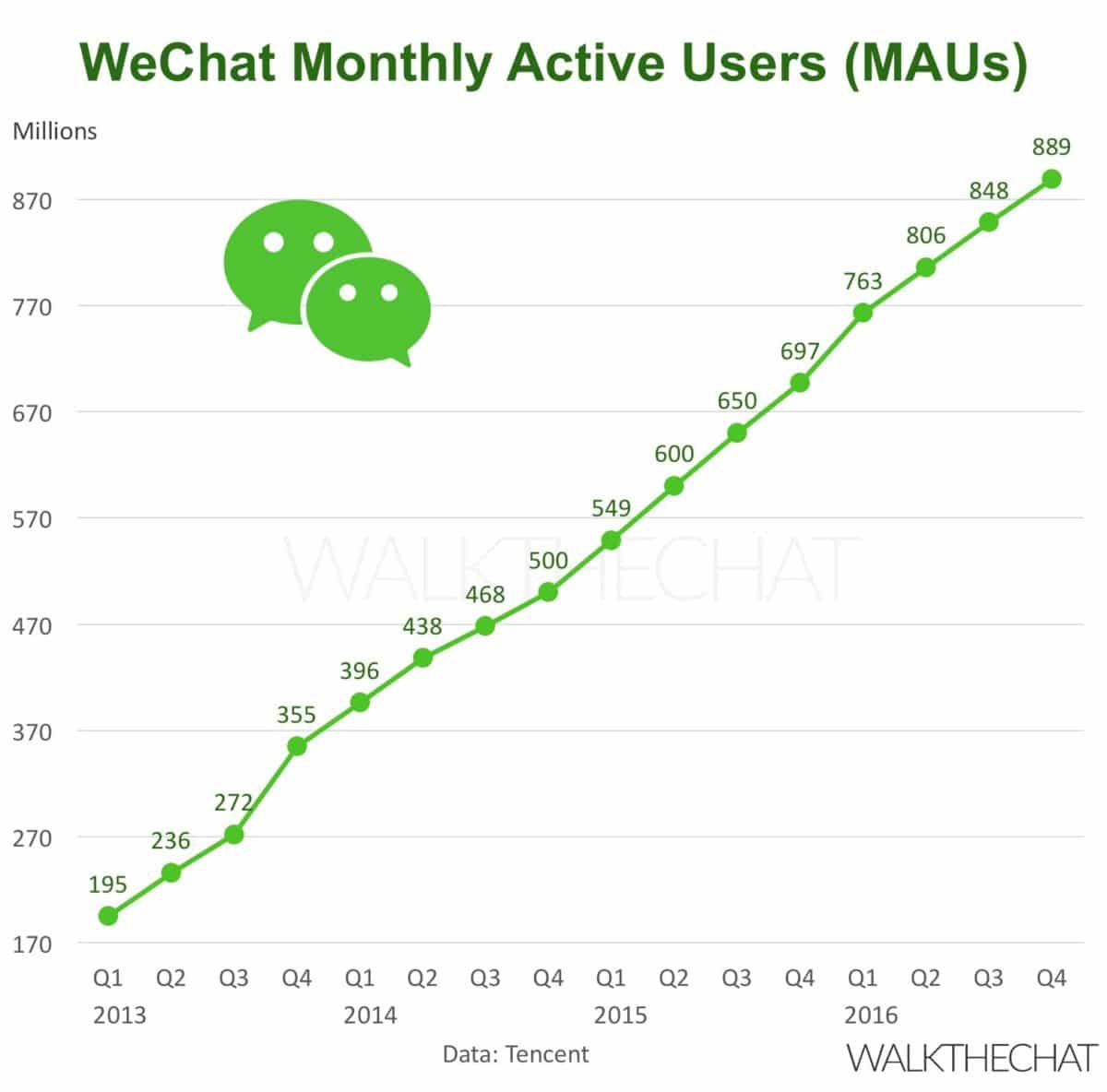AI superstar Andrew Ng leaves Baidu
On the 20th of March, Andrew Ng, the superstar A.I researcher (and co-founder of Coursera, where his course about machine learning gathers more than 30,000 extremely positive ratings) who was heading Baidu’s Artificial Intelligence unit in Silicon Valley left Baidu.
If his departure message published on Medium suggests that “everything is for the best in the world of Baidu AI”, the nebulous circumstances around his departure suggest that reality might be different.

Shortly after he left, Tencent News themselves started speculating about the atmosphere in Baidu’s A.I teach: Andrew is the third of 3 top level researchers who left Baidu since the beginning of 2017, including the responsible of the Self-driving Cars department. According to Tencent, one of these employees alleged that “internal corruption” was one of the reasons he left Baidu.
Tencent also quotes testimonials from Baidu’s employees who stated that Baidu A.I team was operating almost completely separately from the more traditional Baidu search team. The A.I team comprises mostly “Sea turtles” (Chinese having studied abroad and who came back to China), highly-educated members of the elite. The search team is made of hands-on engineers with deeper understanding of business and technological dynamics. Both teams look down on each other.
This whole story unfolds as part as a major power play inside Baidu. In January 2017, Baidu had a major power shift. Baidu CEO Robin Li appointed Qi Lu, a formal Microsoft executive, as the new COO, and Robin’s wife Dongmin Ma as a special assistant in charge of HR and investment. Since taking leadership, the two new leaders seem to take actions within Baidu to cut the project with less long-term profit (such as shutting down the mobile health care unit). After the departure of Andrew, Haifeng Wang, leader of the Baidu search engine, will take his place and directly report to the new COO. Finally the two AI power groups will have one leader.
Internal politics exist in companies all over the world. But they seem to be particularly nasty at Baidu. This gives plenty of background as to why Andrew Ng decided to look for a more auspicious place to work.
WeChat launch WeChat Index
Just like Google Index and Baidu Index, WeChat index displays the trend of a keyword in the past 90 days.
WeChat index is based on the following data sources:
- Search queries within WeChat
- WeChat articles
- Articles shared on WeChat Moment
However, the algorithm used to perform this calculation is still unknown. This leaves WeChart Index as a questionable tool to provide actionable insights.
Here is the WeChat index of Ofo vs. Mobike. From the index, Mobike is 3 times more popular than Ofo on WeChat.

WeChat content is not indexed by Baidu or Google. This mean you can’t search for WeChat articles on most of search engines (except Sogou.com which received funding from Tencent). WeChat index could therefore be a good indicator for some major social trends.
WeChat index comes with some limitations:
- The search keywords are still limited, only the common keywords are listed in WeChat trend
- It’s not clear what the index number refers to exactly
- Compared with Baidu index, this index lacks an ability to customize for time period, location and users’ demography
As the largest content distribution platform, WeChat holds the most valuable data. If Tencent would display the index data with more transparency and precision, WeChat index could be a powerful KPI to measure marketing success. And as companies have a more complete data about the social media trends, it will be easier for the senior management to allocate marketing budget to WeChat.
WeChat released 4th quarter 2016 annual results
Highlight includes:
- Total revenue $21.9 billion, increased for 48% YoY (year over year), mostly thanks for its mobile gaming, Supercell acquisition, and advertising
- Surpassed 600 million mobile payment MAU (monthly active user)
- QQ’s MAU was 868 million, increase of 2% YoY
- WeChat’s MAU is 889 million, a 28% YoY increase.
- Tencent is ranked No.1 iOS game publisher globally by App Annie

One thing worth noticing is Tencent advertising revenue raised 54% YoY to 27 billion. Although advertising as a whole remains 17% of total revenue.
In an open letter last week, Tencent named Liu Shunyi as the new head of Tencent advertising.

“Globalization” is mentioned several times in the open letter. It’s likely Tencent will will push advertising more aggressively to foreign brands, write to us (info@walkthechat.com) if you are interested in advertising. Tencent also plans to introduce more targeted advertising product to meet the demand from brands.

